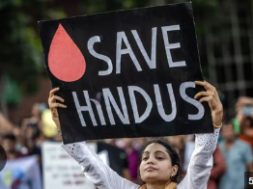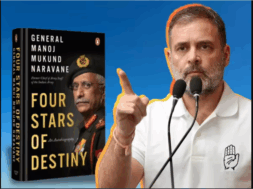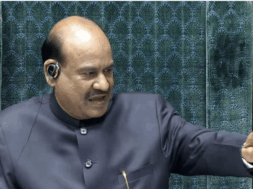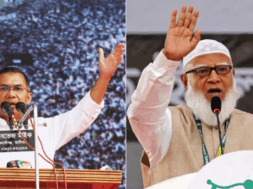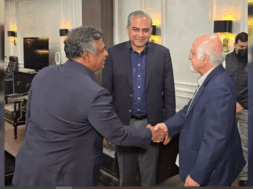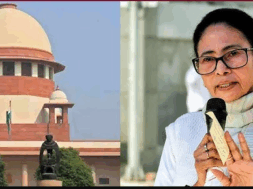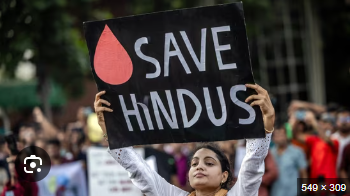
Bangladesh Police Denies Communal Violence, Most of the Attacks were “Political”
NEW DELHI, Jan 11: The Bangladesh police have rejected the complaints of communal violence in the country in the aftermath of the deposition of the Sheikh Hasina government in August last year and has claimed that most of the incidents reported had political overtones and not communal.
The Bangladesh police have filed a report on the complaint by the Bangladesh Hindu Buddhist Unity Council that had claimed that a total of 1,769 communal attacks had taken place during August 2024 after Ms Hasina’s ouster from power. The police have argued that the “majority” of the cases were “not communally motivated” and had “political” overtones. A report by the police has claimed that 1,234 incidents were political in nature and only 20 incidents were communal.
“Police have communicated with the persons and authorities claimed to have been the targets of the violence. The police have also visited and all and every place, establishment, and person mentioned in the report of the Council. All aggrieved persons have been requested to lodge complaints with the police. Proper security of the aggrieved people has been ensured,” Bangladesh Police report has stated informing that regular cases, general diaries and other appropriate lawful measures have been taken according to the findings of the investigations.
However a major claim of the police which was earlier accused of failing in discharging its duties, is that “It was found that in the majority of the cases, the attacks were not communally motivated – rather, those were political in nature.” “The police investigation revealed that 1,234 incidents political in nature and 20 incidents were communal. At least 161 claims were found to be false or untrue,” the report has claimed.
According to the report, at least 35 culprits have been arrested and out of the 1,769 allegations police have registered 62 cases on the merits of the complaints. The police have collected the list of allegations prepared by the council and urged “all aggrieved persons” to lodge complaints with the police. The Bangladesh interim government headed by Nobel Laureate Prof Mohammad Yunus on Saturday re-asserted that it has “zero tolerance” against communal violence in the country.
The police administration system in Bangladesh had broken down in the immediate aftermath of the fall of the Hasina government. It was against this backdrop that the Bangladesh Hindu Buddhist Unity Council had taken the initiative to record and chronicle every act of violence against the religious minority communities, especially the Hindus who were generally perceived to be supportive of Hasina government.
The report further informed that apart from the claims by the Council, police also received additional complaints of 134 communal incidents in Bangladesh that took place during August 5, 2024 to January 8, 2025. Out of these incidents, at least 53 cases have been filed and 65 perpetrators have been arrested in these cases.
Asserting the government’s “zero tolerance” policy towards communal violence, the Bangladesh Police have promised that victims of communal violence will be compensated. “The Interim Government attaches the highest importance to the establishment of human rights in the country irrespective of creed, colour, ethnicity, sex and gender,” the police report has stated.
Bangladesh witnessed several major rallies during September-November in support of the minority religious communities where the Bangladesh Sammilito Sanatani Jagaran Jote gave leadership to the protesters. Chinmoy Krishna Das, a Vaishnav monk who was earlier part of the ISKCON movement in Bangladesh and led the protesters was subsequently arrested allegedly for insulting the national flag. The police report however has not mentioned about Das who remains in jail after being denied bail on multiple occasions. The report further informed that to prevent communal incidents a special Whatsapp number has been earmarked. “They maintain continuous contact with the minority community leaders,” the document has stated.
(Manas Dasgupta)
